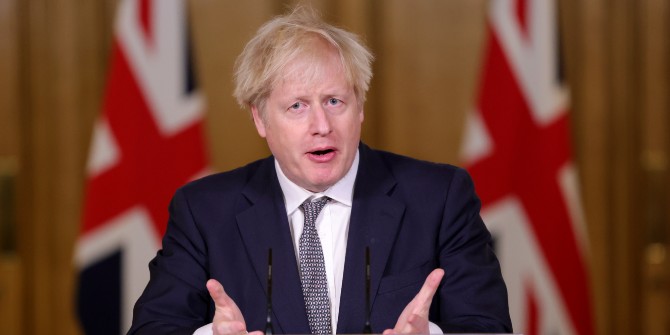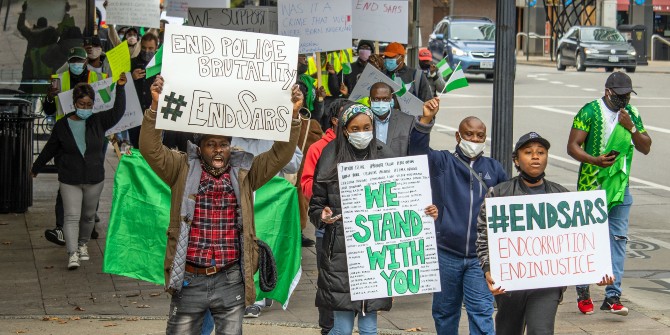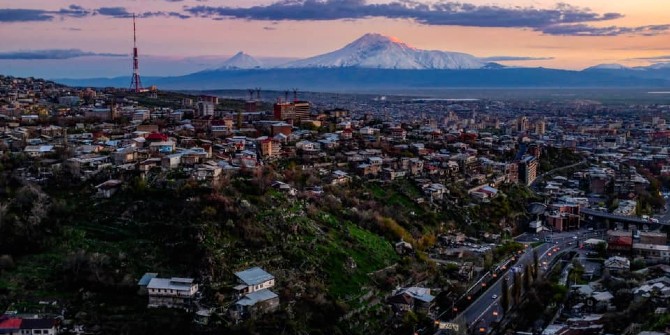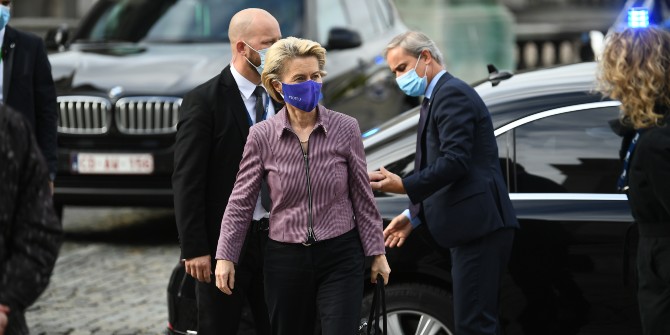Communicable disease is responsible for most deaths in human history. And it spreads rapidly through cities. David Cutler (Harvard) says the world must agree on new public health standards if we are to avoid more pandemics.
Pandemic disease will have an enormous influence on the future of cities. If we can control the era of pandemic disease like we did a century ago, we’re poised to have enormous urban growth. Conversely, if we’re in a situation where pandemics are going to become more common, cities will come under extra strain.
Pandemics have become more common. They used to be much deadlier because we couldn’t treat them as effectively. But a disease can now go anywhere in the world very rapidly. SARS, MERS and H1N1 all arrived before COVID. HIV emerged in the 1980s and remains a huge problem around the world.
The cost of a pandemic is enormous. Larry Summers and I estimated that the cost of COVID would be about $16 trillion by the time all was said and done. That is roughly a year’s worth of US GDP, or $200,000 for a family of four. It includes both economic and health losses. A leisure economy, where people spend money on luxuries like eating out and holidays, is hit harder by pandemics, and cities are particularly affected.
So anything that countries can do to reduce both the probability of a pandemic and the extent to which it affects people will clearly be worth it. Which steps will be most effective?
Historically, the world has faced two overwhelming threats: nuclear war and pandemic disease. To prevent nuclear war with the Soviet Union, we set up and funded NATO, which has proved very successful. Pandemic disease is now a bigger threat than nuclear war, yet the institutions to tackle it have not evolved. The World Health Organization performed relatively poorly during COVID, as it did during the Ebola outbreak in West Africa a decade ago. It faltered in part because it is beholden to member states to fund it. Early on, the WHO echoed China’s line on COVID because the country is one of its main funders. It didn’t want to harm West African economies so it failed to declare an Ebola outbreak there.
That is a bad way to go about dealing with a public health issue. We need to be able to police countries to make sure they are regulating human-animal interactions that have a high risk of causing another pandemic, that they are ready to contain and isolate outbreaks, and that they are promoting sanitary interventions like clean water and sewers. To do that, rich countries will need to pay into a muscular organisation with a highly defined technical mission and which probably looks more like NATO than the WHO. The organisation should not have to worry about losing funding if it offends a member state. Citizens whose countries fail to comply with its directives despite being offered financial help would be subject to screening at borders, and it might be necessary to restrict their access to global trade.
On a national level, many healthcare systems performed well during the pandemic. Typically those were in East Asia, such as Taiwan, South Korea and Australia. Germany also did fairly well. These countries had efficient contact tracing and isolation policies. But many others did poorly, particularly the US – which spends $4 trillion on medical care each year. It failed because its systems are not set up to promote public health. The US government has a hands-off relationship with the medical system, which treats sickness rather than promoting health, and the same has happened in several richer countries, where acute medicine has been prioritised over preventative measures.

The third thing we must tackle is the variability of health within individual countries and cities. In London and New York life expectancy can shorten by ten years as you travel ten miles away from the centre. Poor health anywhere is the cause of disease everywhere. Even though people living in midtown Manhattan do not often go into Brownsville, the Bronx area where life expectancy is very low, people from Brownsville interact with other people from the Bronx, and people from the Bronx go into Manhattan offices and stores. Disease will inevitably spread, whether it is from richer districts to poorer ones – as with COVID – or vice versa.
We cannot rely on luck to keep us healthy. Both MERS and SARS were more lethal than COVID, and historically the vast majority of human deaths were from communicable diseases. Preparing for future pandemics must be a priority for governments.
This post represents the views of the author and not those of the COVID-19 blog, nor LSE. It is based on David Cutler’s contribution to Survival of the City: Living and Thriving in an Age of Isolation, an LSE Cities event held on 27 September 2021. You can order the book, Survival of the City : Living and Thriving in an Age of Isolation (UK delivery only), from our official LSE Events independent book shop, Pages of Hackney.





